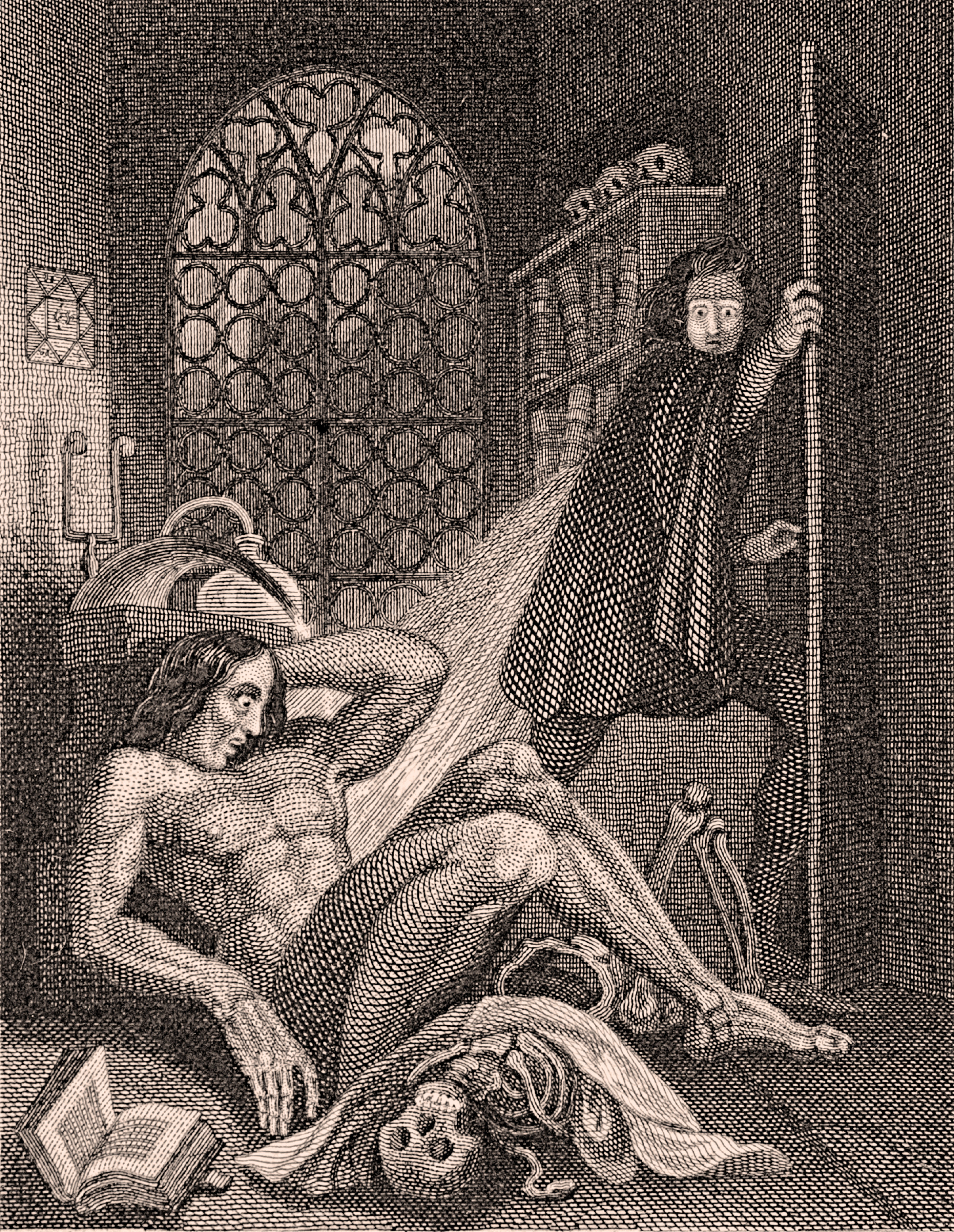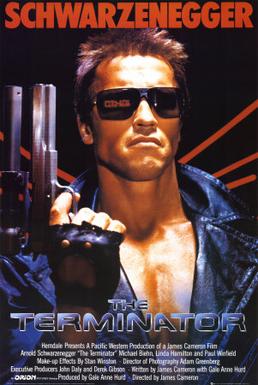Mary Shelley's 1818 Frankenstein is arguably the world's first true science-fiction novel, the predecessor to modern-day robot stories. One would think Frankenstein's monster is more closely connected to today's zombie flicks (it's risen from the dead, after all), but its connection to artificial intelligence is much more important.
One of the central themes of sci-fi is the idea of "man vs. machine," where computers have advanced so far that they become self-aware and rebel against their human creators. Frankenstein swaps lasers and hard drives for rotting limbs and yellow eyes, but it's the exact same concept.
The most iconic Man vs. Machine story in pop culture is without a doubt James Cameron's 1984 blockbuster The Terminator. Set in the near future of 2029 (everyone loves the "near future"), the plot is fairly contrived, but the parallels between it and Frankenstein are astounding. How do they compare?
Both Frankenstein's creature and the Terminator were created by humans at the cutting edge of science. Both had noble intentions that went horribly wrong. Or did they?
Victor Frankenstein is a lonely, melancholy man who seeks mainly to satisfy his own curiosity. The Terminator, however, was created by a United States military super-soldier robot program. Perhaps the mission of "national security" is noble, but as we know from real life, "national security" has been used as an excuse by the U.S. military to do some sinister things.
Neither Frankenstein's monster nor the Terminator are evil by nature. Both are tragic characters, forced into violence by their circumstances. They're small children who break things in their parents' house--not necessarily always by accident, but not for evil reasons, either. It's curiosity mixed with a heavy dose of "not knowing one's own strength."
The audience doesn't immediately empathize with the Terminator nearly as easily as we do with Frankenstein's creature. The tragic side of Arnold Schwarzenegger is not really explained until later in the Terminator franchise.
Why is the Terminator so much more evil? Because it sells more tickets at the movie theater. The Terminator was made to make money. Coincidentally, film adaptations of Frankenstein seem to share much more in common with The Terminator's shallow action than with Mary Shelley's original novel.
When money is thrown at art, we end up with the lowest common denominator of complex expression. This is something else Frankenstein and The Terminator have in common.
So what do you think a Frankenstein film adaptation in 2011 would look like? What should it look like? And why do the "would" and "should" conflict with each other?


I, for one, would love to see a Frankenstein adaptation that was relatively faithful to the source material! I do think you're right, btw--Frankenstein has more in common w/Terminator than it does with zombie flicks.
ReplyDeleteI'm a bit confused why you say Terminator is "so much more evil." I'm not convinced the movie was "made to make money." I mean, it was--but I don't think it was necessarily a calculated investment that no one cared about, with the sole objective of making a buck!
Josh:
ReplyDeleteWhen I say the Terminator is more evil than the Frankenstein's monster, it's because the Terminator always had destruction and violence in mind--even before it turned on its creators, it was constructed by the military to kill people.
I suppose you're right, though, "made to make money" is a big strong. But am I wrong in assuming James Cameron & Co. were under more pressure to turn a profit than Mary Shelley was back in the day?